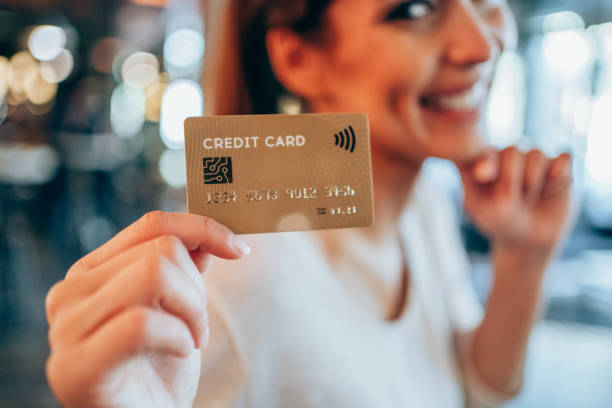Many people across the United States have a health insurance plan. This provides them with coverage to stay healthy, or to go see a doctor in the case that something goes wrong. This might include seeking treatment for allergies, colds, flus, stomach issues, and a host of other ailments. Technological changes are helping people to better utilize insurance and to take care of such ailments.
One example of these helpful tech-based health insurance changes includes banking which is open. This type of banking provides a through-line between the banking industry and third-party payment services. It helps to provide these entities with access to banking transactions and other data from banks and financial institutions. Many health insurance providers utilize healthcare debit cards to help insurers pay for medical expenses, which work through third-party payment services. We’ll focus on how this style of banking can be used within the health insurance industry.
Provides real-time customer service.
When you visit a doctor’s office, as a part of many health insurance plans, there are out of pockets costs. These are the amounts that you’ll have to pay, outside of what your health care insurance plan might cover. Sometimes your insurance plan might ask that you pay some costs for a regular check-up or visit to your physician. Maybe, when you go to the pharmacy to pick up a prescription, you’ll be required to pay for the medicine yourself. In some other cases, insurance providers will provide their insured with a healthcare debit card. What happens with cards like these is that when you sign up for a health insurance plan you are asked to set aside a certain amount of money.
This money will be taken from the overall coverage of your health insurance plan. You’ll be given a debit card for making these medical-related transactions. These cards can be used for those out-of-pocket expenses which people would normally have to pay for from their bank accounts. Many insureds like to keep track of such expenses, so this banking option with these cards can help with that. These banking systems help to provide real-time customer service assistance to individuals who utilize such healthcare debit cards.
Sometimes you need immediate access to financial records which are associated with health-related transactions. People often need these documents for tax purposes, or to even show proof to their insurance companies that these services were paid for. Whatever the reason, this type of banking allows for insurers to have real-time access to customer service reps who can answer any questions about their healthcare debit or credit cards.
This type of banking helps to spread health data.
As mentioned before, banking that is open can be used to provide insurers a way of paying for their medical expenses. Another benefit that open banking provides to insurers, which is somewhat connected to this, is the spread of data. When a customer pays for a specific health care service while using a healthcare debit card, data is being created. This transaction data informs an insurance company about what you are paying for. Let’s say that you recently went to your physician to receive a COVID-19 vaccine. In that case, the data generated from paying for the COVID-19 vaccine will then be sent to your health insurance provider.
Maybe in the same visit, you got a diabetes check-up from your physician. This transaction data will further let your insurance company know that you are still seeking assistance for this ailment. With this data, your insurer might decide to send you mailings about diabetes treatment options. With this data, they will also keep you abreast of when your next check-up might need to take place. Being able to access this customer data and account information can help an insurance company to practice pre-emptive or preventative medicine for their insured customers. This type of banking can help with the spread of this needed data.
This type of banking gives an insurer more freedom.
When an insured person goes to a pharmacy to pick up a prescription, they are often provided with a variety of choices. Unfortunately, if they aren’t using a healthcare debit card with a banking component that is open, then they will have to pay out of pocket for their prescription. This limits the choices they might have when it comes to choosing what brand prescription they can purchase because of costs.
When you have a healthcare insurance debit card, this opens up your choices. Though the money is being pulled from your health insurance plan, you aren’t paying out of pocket. This gives you a better experience with selecting your healthcare options. You’re free to make choices, not just based on costs, but on what treatment or prescription might best work for you.

